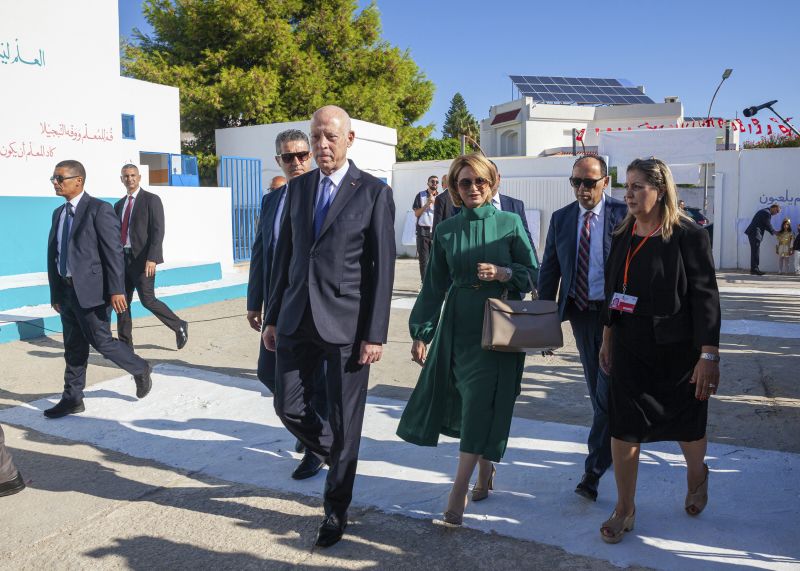
Tunisia: The Arab Spring’s Last Hope Faces Uncertain Future at the Ballot Box
Tunisia Heads to the Polls with a Fading Reputation as the Arab Spring’s Only Success Story
The upcoming Tunisian presidential elections slated for 24 November 2019 mark a crucial juncture for the country and its pioneering role in the Arab Spring uprisings that shook the region in 2011. Often perceived as the sole success story of the Arab Spring, Tunisia has navigated a tumultuous political landscape over the past eight years, striving to establish democratic institutions and transitions amidst various challenges.
One of the pivotal features of the Tunisian political landscape is the country’s long-standing reputation as a trailblazer in democracy in the Arab world. The successful transition towards a more inclusive political system following the ousting of President Zine El Abidine Ben Ali in 2011 showcased Tunisia as a beacon of hope for democratic reforms in the region. The adoption of a new constitution in 2014, lauded for its progressive and inclusive nature, further solidified this image.
However, the road to democracy in Tunisia has been far from smooth. The country has grappled with socio-economic challenges, political fragmentation, and security concerns, which have tested the resilience of its democratic institutions. The disillusionment among Tunisians with the slow pace of reforms, high unemployment rates, and widespread corruption has eroded parts of the initial optimism that followed the Arab Spring.
As Tunisia heads to the polls, the political landscape is marked by a diverse array of candidates vying for the presidency, reflecting the country’s pluralistic nature. The incumbent, President Beji Caid Essebsi, who has played a pivotal role in steering Tunisia through its democratic transition, faces challenges from other contenders, including media mogul Nabil Karoui and Islamist-inspired candidate Abdelfattah Mourou.
The outcome of the presidential elections will have far-reaching implications for Tunisia’s future trajectory and its international standing. The country’s ability to navigate internal divisions, uphold democratic values, and address pressing socio-economic issues will be closely watched by regional and international actors.
In conclusion, Tunisia’s journey since the Arab Spring has been characterized by both progress and setbacks. As the country heads to the polls, the need for continued commitment to democratic principles, social cohesion, and economic reforms remains paramount. The upcoming elections represent a critical moment for Tunisia to reaffirm its status as a pioneering democracy in the Arab world and overcome the challenges that lie ahead.
